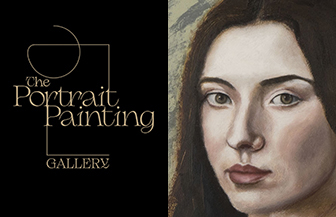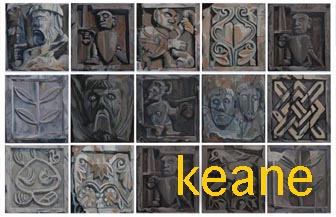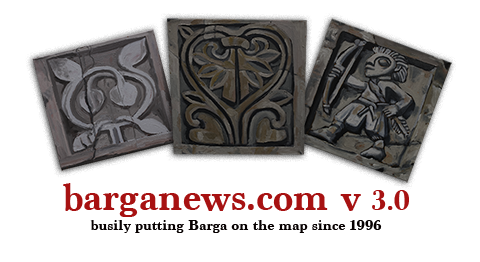Pubblicati i bandi per partecipare ai concorsi di BargaJazz 2023, uno riservato ai compositori/arrangiatori, l’altro alle band emergenti.
Il concorso internazionale di arrangiamento e composizione per orchestra jazz, giunto alla 34° edizione è dedicato per quest’anno alla musica di Antônio Carlos Jobim. Chiamato a interpretare questa musica il musicista brasiliano Hamilton De Holanda che suonerà con la BargaJazz Orchestra arrangiamenti scritti dai concorrenti appositamente per lui.
Come ogni anno il concorso si articola in due sezioni dedicate rispettivamente: all’arrangiamento (A); alle composizioni originali (B). Le partiture selezionate saranno eseguite dalla BargaJazz Orchestra diretta da Mario Raja il 25 e 26 agosto 2023.
Il bando _Bargajazz Contest_ è dedicato ai gruppi emergenti under 35 e riservato alle band da tre a sette elementi.
I gruppi selezionati si esibiranno a fine agosto nell’ambito del festival dove verrà assegnato un premio al miglior gruppo e un premio al miglior solista dedicato a “Luca Flores”, eccezionale pianista prematuramente scomparso, che ha fatto parte dell’orchestra di Barga nelle prime edizioni del festival
More information can be found at the barga jazz site here
 |
 |
 |
 |
Antônio Carlos Brasileiro de Almeida Jobim (25 January 1927 – 8 December 1994), also known as Tom Jobim was a Brazilian composer, pianist, guitarist, songwriter, arranger, and singer. Considered one of the great exponents of Brazilian music, Jobim internationalized bossa nova and, with the help of important American artists, merged it with jazz in the 1960s to create a new sound, with popular success. As a result, he is sometimes known as the “father of bossa nova”
Hamilton de Holanda is a Brazilian bandolinist known for his mixture of choro* and contemporary jazz, and for his instrumental virtuosity.
Born in Rio de Janeiro he moved to Brasilia with his family as a boy. He started playing the mandolin at 5 and appeared at his first performance at six. With his brother Fernando César he formed the group Dois de Ouro and throughout his career he has collaborated with many other significant artists such as Yamandu Costa, Mike Marshall and Joel Nascimento.
He has received several Latin Grammys. He has taught at the Raphael Rabello Choro academy.
He plays a custom made 10 string Bandolim
*Choro “cry” or “lament”, also popularly called chorinho (“little cry” or “little lament”), is an instrumental Brazilian popular music genre which originated in 19th century Rio de Janeiro. Despite its name, the music often has a fast and happy rhythm. It is characterized by virtuosity, improvisation and subtle modulations, and is full of syncopation and counterpoint. Choro is considered the first characteristically Brazilian genre of urban popular music.
Widespread in various continents, the instrument was present in many manifestations of popular music; it was used in orchestras, during Portuguese street parties, in Indian music, in rodas de choro, very different events united by the versatility of the bandolim.
The bandolim is a polyphonic instrument, that is, capable of reproducing multiple sounds at the same time.
In Brazil it is used a lot in the choro. However, there are still some doubts about the origin of the introduction of the instrument in this musical genre.



